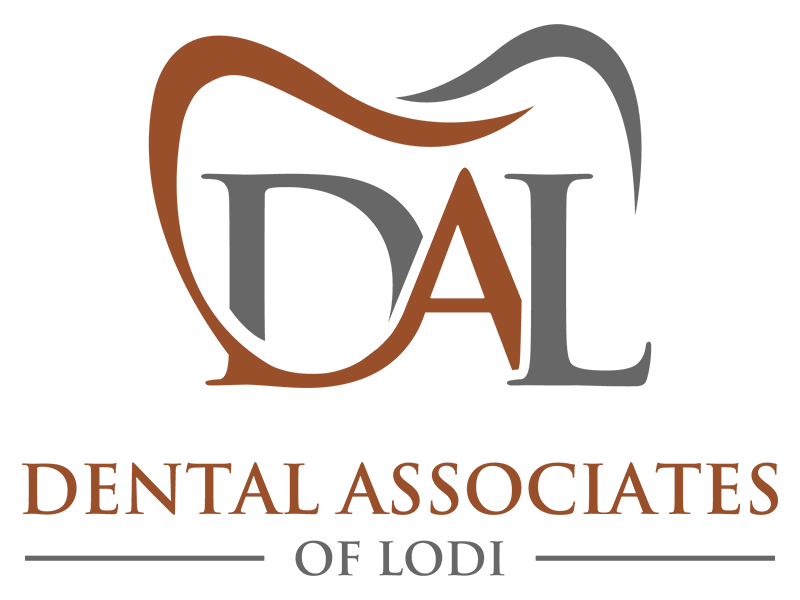A missing tooth, whether it's just one or several, affects how well you can chew and how comfortable it is for you to bite down. At first, that empty space might not seem like a problem, but over time, you'll feel the effects and wish you had done something about it earlier. Your choices for filling that space are usually implants or dentures; bridges are another option, although they are somewhat similar to dentures in how they fill the gap. It's important for you to know how each option works so that you can make the most appropriate choice.
Dentures, Implants, and Bridges: What These Are
Dentures are removable, fake teeth. They're prostheses made to look like teeth, but you put them in and take them out in a way similar to a retainer. The dentist will take a cast of your teeth and gums and create the dentures to fit your mouth. If you need only partial dentures (for when you're missing one or some, but not all, of your teeth), the teeth in the dentures should fit nicely in the gaps where your missing teeth used to be. Dentures can also be full, when you're missing all your teeth on one jaw. Dentures can break or wear out (again, similar to a retainer), and you have to clean them, usually overnight.
Bridges are prosthetic teeth that are permanently cemented into your mouth. These usually have one or a few teeth in a row with extensions on both ends of the bridge that are cemented to the teeth on either side of the gap.
Implants are very different. These are prosthetic teeth permanently added to your mouth through screws that are implanted in your jaw. The dentist will perform a two-part procedure in most cases. In this procedure, you have the screw implanted, and then you're given a temporary crown and have to wait for the bone in your jaw to heal. Then a permanent crown is installed. Variations include same-day implants; these are what they sound like but are appropriate for a smaller group of candidates. Another variation is the all-on-4 dental implant, for when you need a substantial number or all your teeth on a jaw replaced; instead of drilling into the bone for individual screws for each tooth, you have four screws implanted, spaced out equally, and then a denture like prosthesis is added as the crown.
What Happens if You Don't Use Either
If you don't use something to fill the gap where the missing tooth or teeth used to be, the other teeth in the jaw can start to drift, eventually making your bite become misaligned. This can make it painful to chew and increase the chances of you chipping a tooth when your misaligned teeth meet each other. If you're missing a few teeth in a row or a lot of teeth, your cheeks can take on a sunken look, and chewing could become very difficult due to tissue getting in the way of your bite.
When Implants Are More Appropriate
Implants are more appropriate for when you want as full a restoration as possible, meaning you want a replacement tooth that is there, permanently, and that you can treat like a normal tooth. You do need adequate bone in your jaw – plus bone that's strong enough – for the implant screw. Implants do not carry the risk of suddenly popping out like a removable denture can if it isn't properly fitted.
When Dentures Are the Better Choice
Dentures are better when you either don't have adequate bone amounts or strength or when you can't or won't deal with the surgery required for the implants. They, along with bridges, are more affordable than implants, so if you're concerned about the cost, dentures or bridges may be a friendlier option.
Conclusion
Whether you choose dentures or implants, you have to do something to preserve your remaining teeth and their position in your mouth. Contact Dental Associates of Lodi today at 862-247-8030 to schedule your initial consultation.


